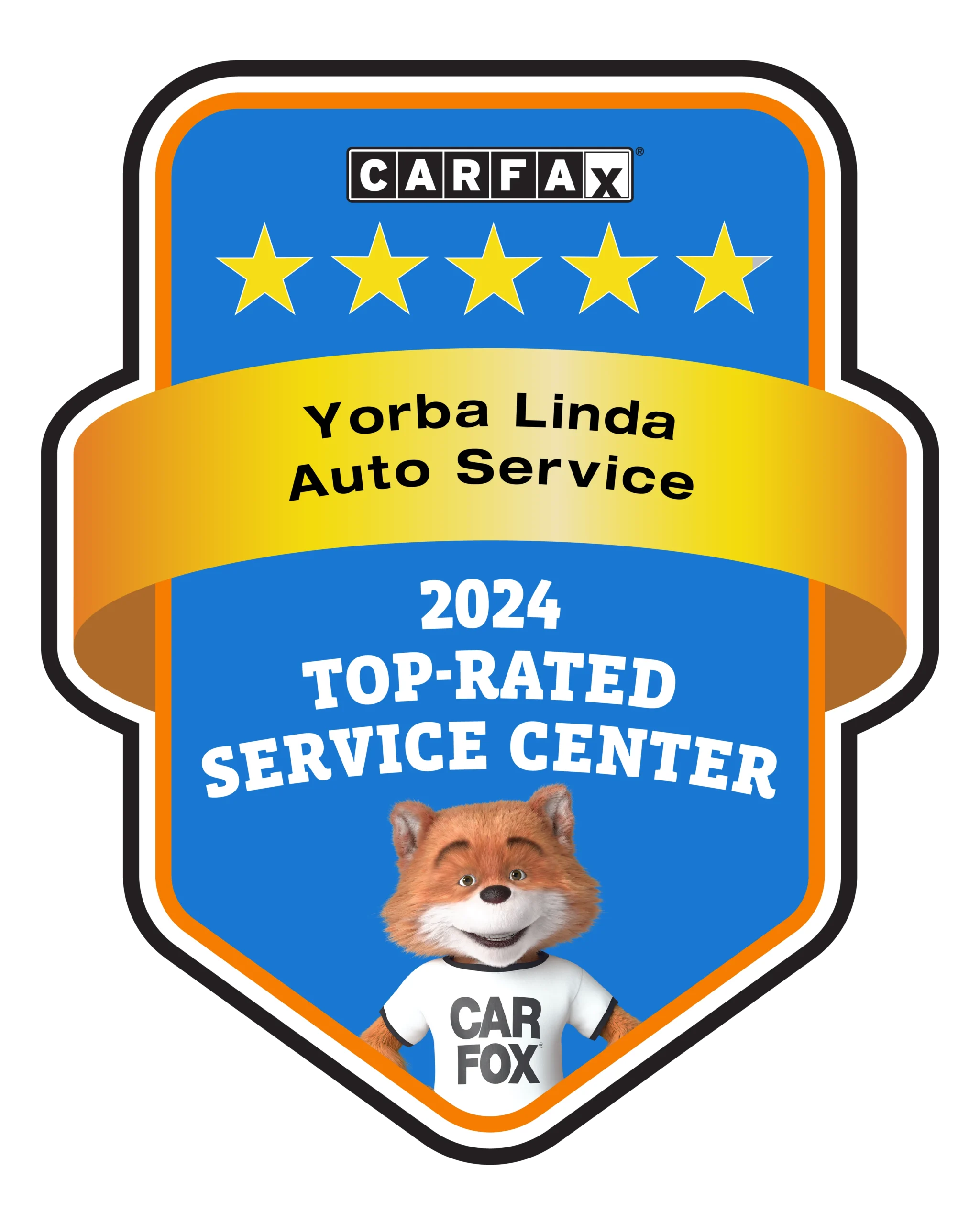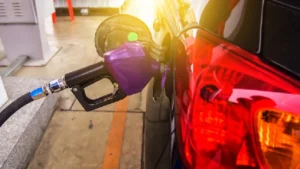When you’re driving, your vehicle should run smoothly and quietly. However, if you start hearing strange or alarming noises, it’s often a sign that something might be wrong. Ignoring these sounds could lead to more significant problems down the road, potentially leaving you with costly repairs or even a breakdown. Understanding what these noises could mean and how to address them is crucial for maintaining your vehicle’s health and ensuring your safety on the road.
In this article, we’ll explore some common alarming vehicle noises, what they might indicate, and the best steps to take when you hear them.
1. Squealing or Screeching from the Brakes
One of the most common alarming noises drivers hear is a squealing or screeching sound when applying the brakes. This noise is typically caused by worn brake pads. Most brake pads are designed with a built-in wear indicator that emits a high-pitched squeal when the pads are nearing the end of their lifespan. This noise serves as a warning that it’s time to replace the brake pads.
What It Could Mean:
- Worn brake pads that need replacement.
- Glazed or overheated brake pads that have lost their effectiveness.
- Contaminants like dirt or rust on the brake rotors.
How to Address It:
- Have your brake pads inspected and replaced if necessary. Ignoring this noise can lead to reduced braking performance and potential damage to your brake rotors.
- If the pads are relatively new, the noise could be due to glazing or contaminants, which may require resurfacing or cleaning of the brake components.
2. Grinding Noise During Braking
A grinding noise when you apply the brakes is more serious than a squeal and often indicates that the brake pads are completely worn down. When this happens, the metal backing plate of the brake pad comes into direct contact with the brake rotor, causing a grinding sound.
What It Could Mean:
- Completely worn brake pads that are damaging the rotors.
- Potentially warped or damaged brake rotors.
How to Address It:
- Stop driving immediately and have your brakes inspected. Continuing to drive with this noise can lead to significant damage to your braking system, including costly rotor replacement.
- In most cases, you’ll need to replace both the brake pads and rotors to restore your vehicle’s braking performance.
3. Rattling or Clunking Under the Car
Rattling or clunking noises coming from underneath your vehicle can be alarming, especially if they occur while driving over bumps or uneven roads. These noises are often related to the suspension system or loose components.
What It Could Mean:
- Worn-out or damaged suspension components, such as struts, shocks, or bushings.
- Loose exhaust system components, such as a broken heat shield or a loose muffler.
- Loose or worn ball joints, control arms, or sway bars.
How to Address It:
- Have your suspension system inspected by a professional mechanic. Depending on the diagnosis, you may need to replace worn components to restore the smoothness and stability of your ride.
- If the noise is related to the exhaust system, securing or replacing the loose parts can prevent further damage and eliminate the noise.
4. Whining or Humming from the Engine or Transmission
A whining or humming noise coming from the engine or transmission is often subtle but should not be ignored. These sounds can indicate issues with the engine’s belts, pulleys, or even the transmission itself.
What It Could Mean:
- A worn or loose serpentine belt that needs replacement or adjustment.
- Failing bearings in components such as the alternator, water pump, or power steering pump.
- Transmission problems, such as low fluid levels or worn gears.
How to Address It:
- Inspect the serpentine belt for wear and tension. If the belt is loose or cracked, it should be replaced.
- Have the engine’s accessory components checked for bearing wear. Replacing a failing component early can prevent a breakdown.
- If the noise is coming from the transmission, have the fluid levels checked and consider a transmission service. In some cases, the transmission may require repair or replacement.
5. Hissing Sound from the Engine Bay
A hissing noise from under the hood usually occurs when the engine is running or immediately after shutting it off. This noise often points to a leak in the engine’s vacuum system, cooling system, or exhaust.
What It Could Mean:
- A vacuum leak caused by a damaged hose or gasket.
- A coolant leak from the radiator, hose, or water pump.
- A small exhaust leak from a cracked manifold or loose connection.
How to Address It:
- Inspect the vacuum hoses for cracks or disconnections. A vacuum leak can cause poor engine performance and fuel efficiency, so it’s important to address it quickly.
- Check the coolant levels and inspect the cooling system for leaks. Overheating due to a coolant leak can cause severe engine damage.
- If you suspect an exhaust leak, have your exhaust system inspected and repaired to prevent harmful gases from entering the cabin and to restore proper exhaust flow.
6. Knocking or Pinging from the Engine
Engine knocking or pinging noises, especially during acceleration or under load, can be a sign of serious issues within the engine. This sound often occurs when the air-fuel mixture in the engine’s cylinders detonates prematurely.
What It Could Mean:
- Using the wrong type of fuel or low-octane fuel in a high-performance engine.
- Carbon buildup inside the engine’s combustion chambers.
- Faulty spark plugs or ignition timing issues.
How to Address It:
- Check your vehicle’s owner manual for the recommended fuel type and use the correct octane rating. Using higher-octane fuel may resolve the issue.
- Have the engine inspected for carbon buildup and consider a professional cleaning or fuel system treatment.
- If the noise persists, a mechanic should inspect the spark plugs and ignition system for faults.
Alarming Vehicle Noises Should be Check, Book an Appointment Today!
Alarming vehicle noises are often the first sign that something isn’t right under the hood. By understanding what these sounds could mean and how to address them, you can prevent small issues from becoming major, costly problems. Regular maintenance and prompt attention to unusual noises are key to keeping your vehicle running smoothly and safely.
At Yorba Linda Auto Service, we’re committed to helping you keep your vehicle in top condition. If you’re hearing any of these alarming noises or have other concerns about your car, don’t hesitate to bring it to us. Our expert technicians will diagnose the issue and provide the necessary repairs to ensure your vehicle remains safe and reliable. Schedule an appointment with us today, and drive with confidence knowing your car is in good hands.











